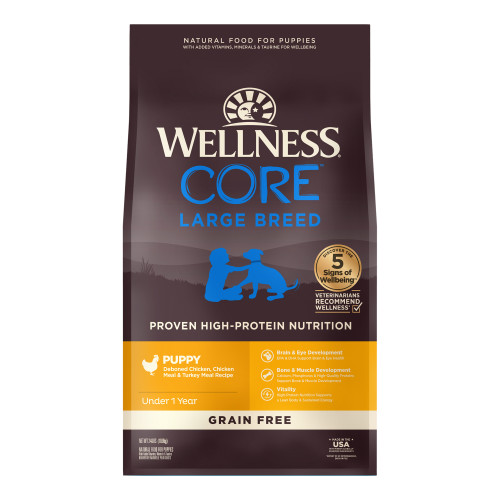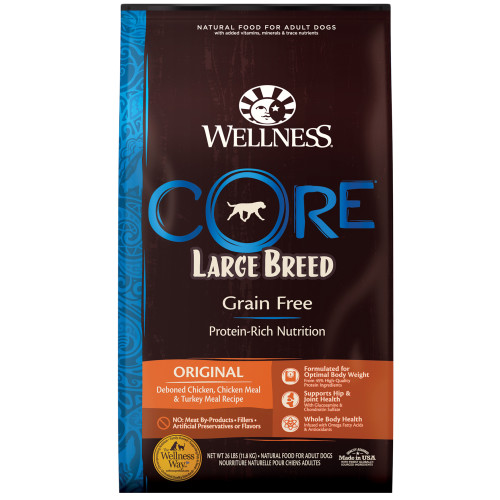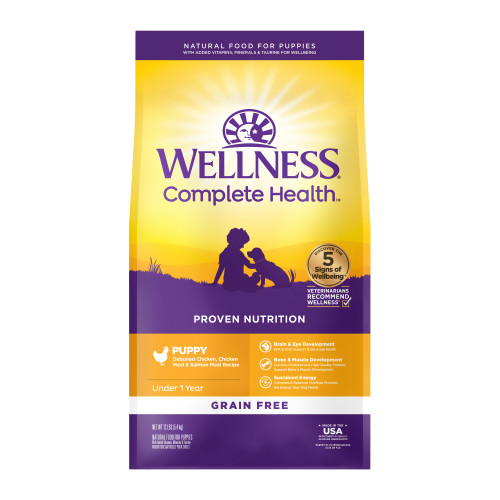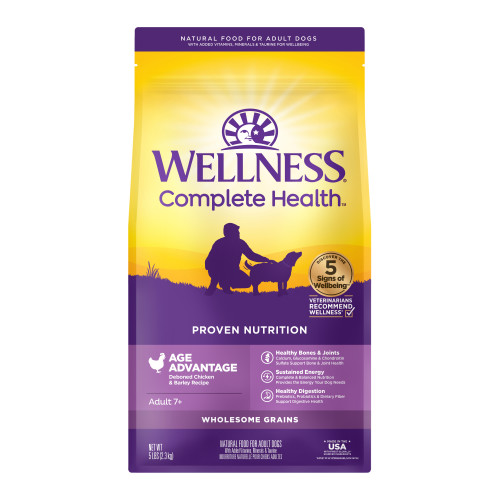January 28, 2021
What To Give Your Dog For Upset Stomach And Vomiting
What to feed a dog with an upset stomach?
Diarrhea in dogs is rather common and fortunately, most cases improve within a couple days. You may be wondering what you can feed your dog with an upset stomach to aid in their recovery, or dog indigestion treatment. In cases of an acute digestive upset (gastroenteritis) your dog may be showing signs of mild diarrhea (without blood or mucus) whilst still being happy and behaving normally. If this is what your dog is experiencing, you can try to settle your dog’s upset stomach at home; however, if they not improve quickly, you should speak with your veterinarian to ensure there is nothing more serious going on. Your veterinarian can also advise on the best treatments for your dog as well as any additional nutrition they may need to get back to their happy and healthy self.
Here are our tips for what to give a dog for an upset stomach and vomiting:
1. Start with Nothing- 24 Hours Fasting:
If your dog is in otherwise good health and neither very old nor very young, then fasting them for 24 hours to rest the digestive system can help speed their recovery. After your dog has fasted for 12-24 hours, has not shown further signs of vomiting, and can keep down liquids, the next step is to introduce a bland diet.
2. A Bland Diet:
The bland diet is a homecooked diet that is used to help speed up recovery in the very short term after a digestive upset. Mix 75% plain boiled rice with 25% white chicken meat (no skin or bones) or extra-lean hamburger meat. This easy-to-digest, nutritious diet tends to sit well on an upset stomach. Do not add fats, oils or spices as this could make their condition worse.
3. Smaller Meals:
As you introduce the bland diet to your dog it is important to start small with just a tablespoon or two depending on your dog’s size. If your dog can keep that down, continue to increase the amount of food to 1/2 – 1 cup of bland diet every three or four hours depending on their size. This will help keep their digestive system moving without overwhelming them.
4. Prebiotics and Probiotics:
Prebiotics and probiotics work together to help support a healthy microbiome in your dog’s digestive system. By increasing the numbers of good bacteria, you can help your dog get rid of some of the nasty bacteria and toxins you to achieve a healthy balance that supports wellbeing and minimizes stomach upsets. Probiotics can be bought at your veterinary clinic or at your preferred pet specialty partner. Or, you can choose a natural dog food that supports digestive health with these ingredients.
5. Gradually Reintroduce Their Normal Food:
With some extra care and support, your dog should be back to their healthy self after a couple of days. Once they are passing firm stools you can start to reintroduce their normal food slowly over the course of a few days until your pup is eating 100% of their regular diet again.
6. Consider Transitioning to a Diet that Supports Digestive Health:
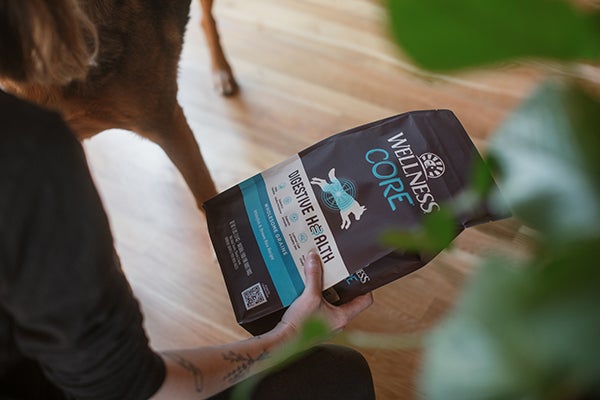
Wellness CORE Digestive Health dog food recipes are crafted to be nutritious, flavorful and easily digestible. It’s a great option for all dogs, as well as those who may be more sensitive to digestive upsets. Each recipe delivers guaranteed levels of probiotics, digestive enzymes, and our unique blend of prebiotic fibers to support your dog’s wellbeing, starting with their digestive health. Recipes are available in wet and dry options, as well as a dry food recipe just for small dogs.
Other helpful tips for dogs with upset stomachs:
7. Plenty of water:
Dogs with diarrhea are at greater risk for dehydration so, they will need to increase their water intake to replace the extra fluid they are losing in their stools. Make sure your dog has access to plenty of water and that they are drinking at frequent times throughout the day. Should your dog stop drinking at any stage or be drinking excessively then it is best to always reach out and speak to your veterinarian.
8. Rest:
While your dog is not feeling himself, letting him rest and recover is key to getting him to feel better. Avoid anything too energetic such as brisk walk or play time and if at any stage, they appear to be especially lethargic then speaking to your veterinarian is recommended as it may be a sign of something more serious underlying.



